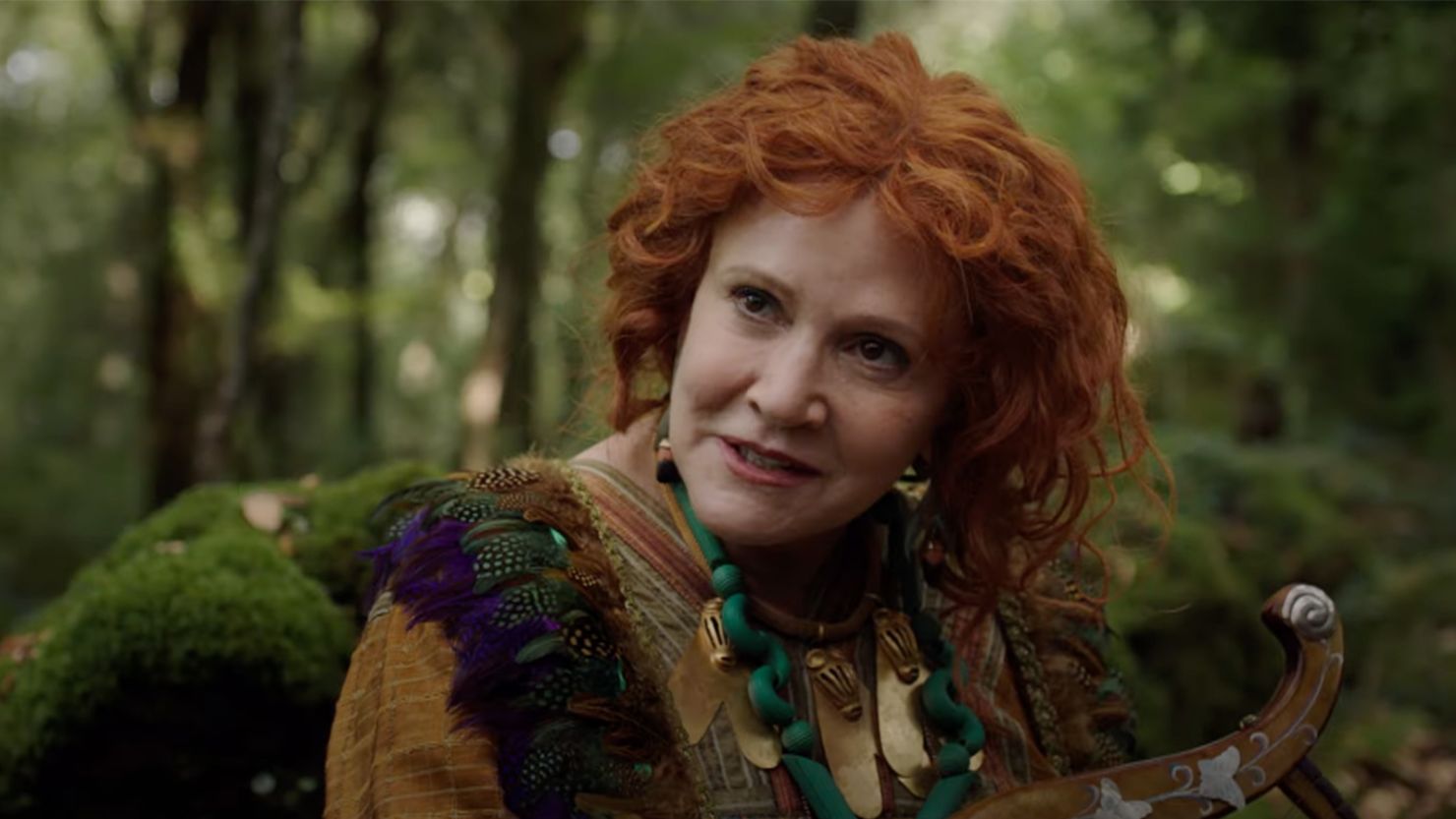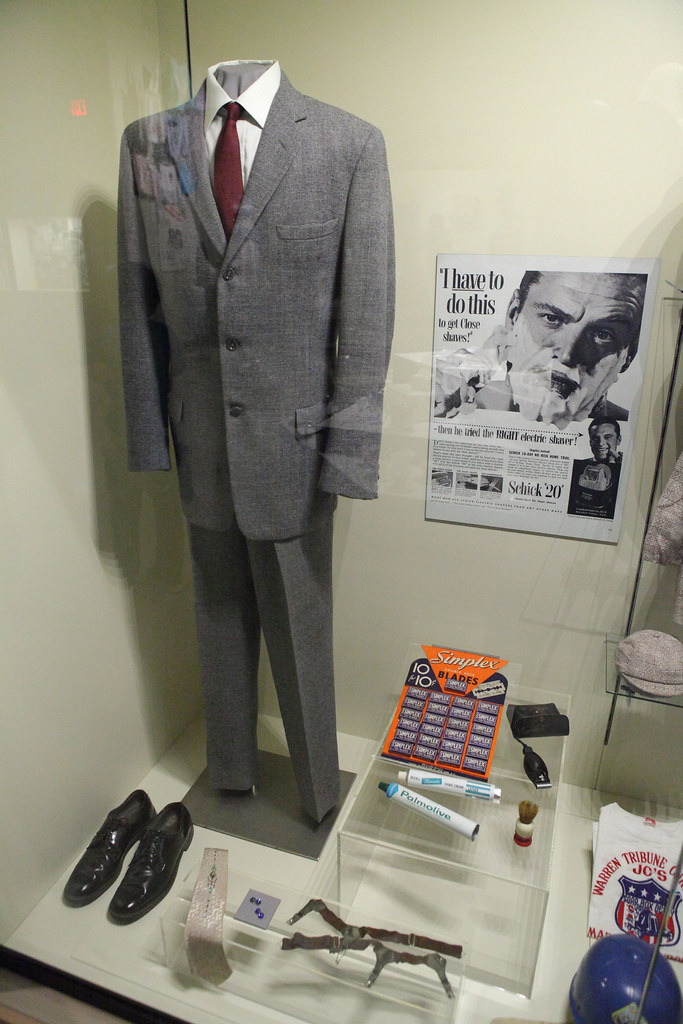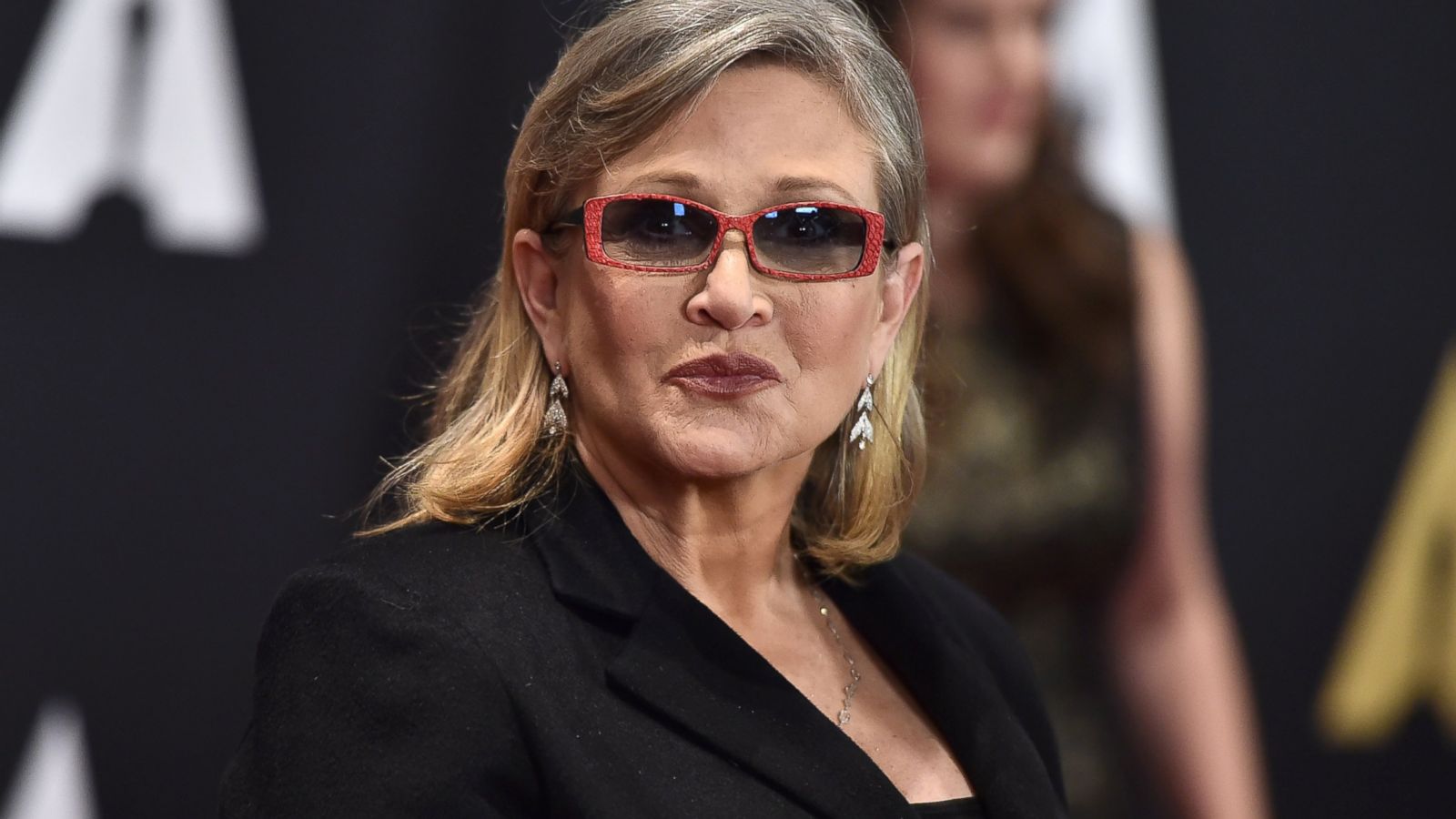
The passing of Carrie Fisher in December 2016 marked a moment of profound sorrow for Hollywood and her legion of admirers worldwide. While many knew her primarily as the indomitable Princess Leia, a figure etched into the collective consciousness of a generation, Fisher’s legacy extends far beyond the silver screen. She was a singular force, a prolific writer, a sharp-witted observer of the human condition, and an unwavering advocate whose life was as rich and complex as the characters she brought to life.
Fisher navigated the often-turbulent waters of fame with a unique blend of candor, intelligence, and an acerbic wit that endeared her to millions. Her contributions to the arts were not confined to acting; she carved out a significant niche as an author, screenwriter, and an influential, albeit often uncredited, script doctor. This article endeavors to illuminate the depth and breadth of her impact, moving beyond the iconic bun to explore the full spectrum of her professional and personal endeavors that cemented her status as a true Hollywood luminary.
Her narrative is one of resilience, creativity, and an unyielding commitment to authenticity, particularly in an industry often predicated on artifice. From her early encounters with celebrity as the daughter of entertainment legends to her courageous public discourse on mental health, Fisher consistently defied expectations, forging a path that was uniquely her own. Her voice, both on and off the page, resonated with a rare combination of vulnerability and strength, leaving an indelible mark on culture and discourse.

1. **Princess Leia Organa: A Galactic Icon Beyond the Screen**Carrie Fisher’s portrayal of Princess Leia Organa in George Lucas’s *Star Wars* (later retitled *Star Wars: Episode IV – A New Hope*) in 1977 irrevocably launched her into global stardom and established one of cinema’s most enduring characters. Leia was not merely a damsel in distress; she was a leader, a sharp-shooter, and a woman of immense courage and wit, immediately challenging traditional female archetypes in blockbuster films. Her character, defined by a distinct blend of royalty, rebellion, and resourcefulness, resonated deeply with audiences, laying the groundwork for her iconic status.
Fisher reprised her role with equal fervor in *The Empire Strikes Back* (1980) and *Return of the Jedi* (1983). It was in the latter film that Leia’s infamous metal bikini costume made its appearance, an outfit that would achieve a following of its own and become one of the most recognizable and debated costumes in film history. This particular image, while controversial, further cemented Leia’s pervasive cultural footprint, demonstrating the character’s capacity to spark discussion and maintain relevance decades after her initial appearance.
Decades later, Fisher’s return as Princess Leia in the sequel trilogy—*Star Wars: The Force Awakens* (2015), *The Last Jedi* (2017), and *The Rise of Skywalker* (2019)—reaffirmed the character’s timeless appeal and her own enduring connection to the role. Her appearance in *The Last Jedi* was a posthumous release, dedicated to her memory, and her presence in *The Rise of Skywalker* was achieved through the innovative use of unreleased footage from *The Force Awakens*. George Lucas himself lauded her performance, stating, “In Star Wars she was our great and powerful princess—feisty, wise and full of hope in a role that was more difficult than most people might think.”
Fisher often approached her legendary role with a characteristic blend of reverence and self-deprecating humor. In a March 2013 interview, when asked about Leia’s future in the new trilogy, she famously joked that Leia would be “Elderly. She’s in an intergalactic old folks’ home [laughs]. I just think she would be just like she was before, only slower and less inclined to be up for the big battle.” This playful perspective highlighted her understanding of Leia’s enduring appeal while also reflecting her own distinct, relatable persona, ensuring that the character continued to evolve with grace and a touch of realism.

2. **The Literary Debut: “Postcards from the Edge” and Autobiographical Candor**Carrie Fisher’s literary career took flight with the publication of her first novel, *Postcards from the Edge*, in 1987. This semi-autobiographical work, which quickly became a bestseller, offered readers an intimate and unvarnished glimpse into the often-challenging realities of her life. Fisher masterfully fictionalized and satirized real-life events, drawing heavily from her personal experiences with drug addiction in the late 1970s and her complex, high-profile relationship with her mother, Debbie Reynolds.
The novel was widely acclaimed for its sharp wit, poignant observations, and unflinching honesty, earning Fisher the Los Angeles Pen Award for Best First Novel. Its success underscored her talent for prose and her ability to transform personal pain and struggle into compelling narrative art. Through the character of Suzanne Vale, a Hollywood actress navigating recovery and a strained relationship with her equally famous mother, Fisher explored themes of identity, addiction, and the pressures of living under the public eye with both humor and pathos.
The critical and commercial success of the novel led to its adaptation into a major motion picture in 1990. Fisher herself penned the screenplay for the film version, which starred Meryl Streep, Shirley MacLaine, and Dennis Quaid. Her work on the screenplay garnered her a nomination for the prestigious BAFTA Award for Best Adapted Screenplay, further solidifying her reputation as a formidable writer. This achievement demonstrated her capacity to translate her distinct voice and narrative sensibility across different mediums, a rare feat in Hollywood.
Notably, when asked why she did not take on the role of Suzanne, the protagonist of her own story, in the film adaptation, Fisher’s response was characteristically concise and revealing: “I’ve already played Suzanne.” This statement underscored her intimate connection to the material and her desire to move beyond merely reliving the experiences, instead choosing to channel them into a different form of creative expression, further establishing her as a serious and thoughtful literary figure.
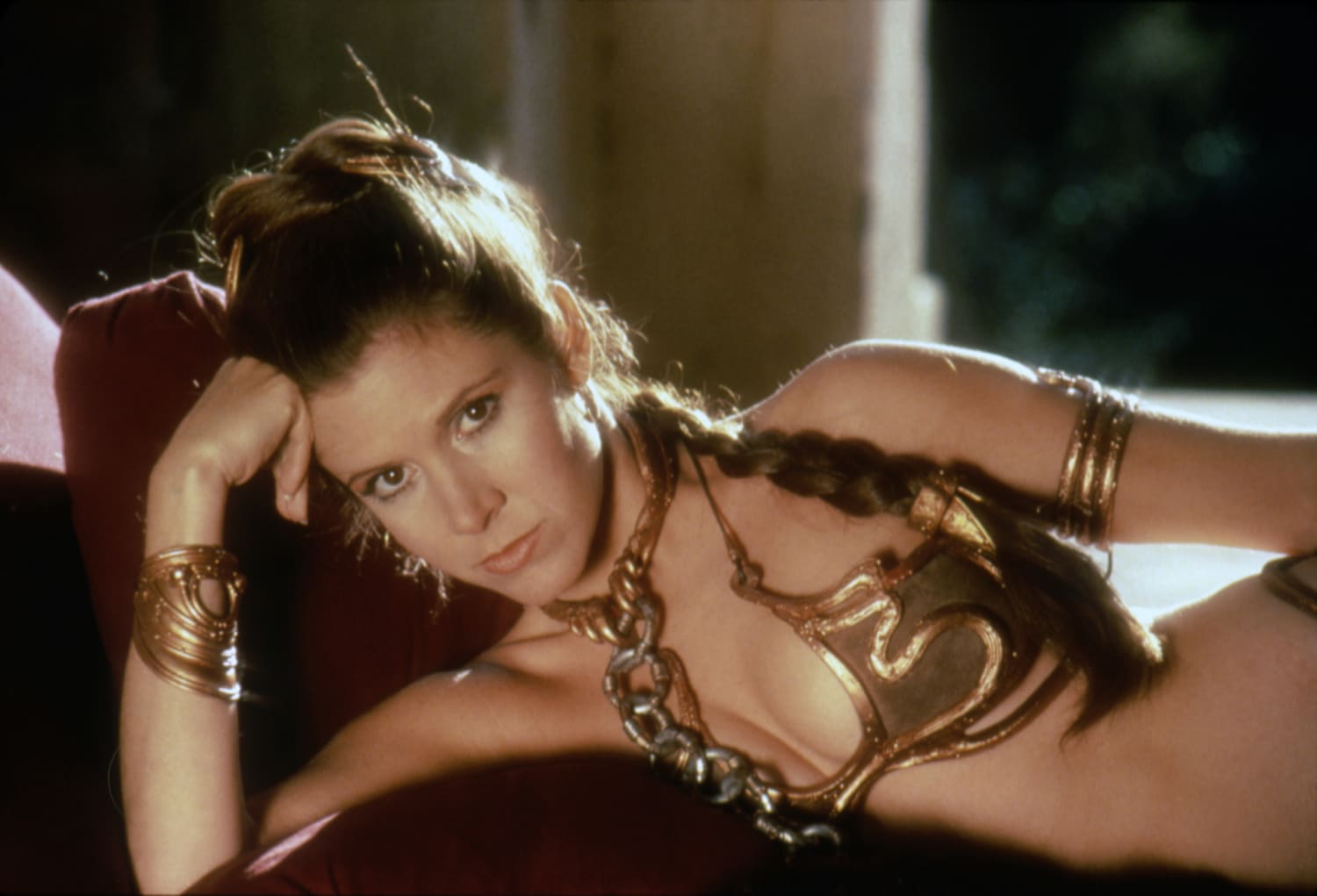
3. **Hollywood’s Unsung Hero: The Influential Script Doctor**Beyond her celebrated acting and authorship, Carrie Fisher held a significant, albeit often uncredited, role behind the scenes in Hollywood as one of the industry’s most sought-after script doctors. For over 15 years, from 1991 to 2005, Fisher was discreetly brought in to polish and tighten screenplays for numerous films, a testament to her sharp intellect, her deep understanding of narrative structure, and her exceptional ability to craft compelling dialogue. This work, though typically uncredited, made her a quiet but powerful force in the film industry.
Her expertise was frequently employed on high-profile projects. She was instrumental in refining scripts for films such as *Hook* (1991), *Sister Act* (1992), and *The Wedding Singer* (1998). Her contributions extended to blockbusters like *Lethal Weapon 3*, where she reportedly wrote some of Rene Russo’s dialogue, and *Outbreak*, also starring Russo, as well as *Stop! Or My Mom Will Shoot*. These collaborations underscore the trust and value placed on her critical eye and her ability to elevate existing material, often under tight deadlines and immense pressure.
Fisher’s association with George Lucas extended beyond her iconic role as Princess Leia; she was also hired by him to polish scripts for his 1992 TV series *The Young Indiana Jones Chronicles* and, significantly, to refine the dialogue for the *Star Wars* prequel scripts. This deep involvement in the franchise at a creative level further illustrates her profound understanding of storytelling and character development within that universe. An *Entertainment Weekly* article from May 1992 succinctly described Fisher as “one of the most sought-after doctors in town,” highlighting her esteemed position in this niche, yet crucial, Hollywood profession.
In later years, Fisher became more candid about the evolving nature of script doctoring. In a December 2008 interview, she revealed that she had largely ceased this work. She explained, “Now in order to get a rewrite job, you have to submit your notes for your ideas on how to fix the script. So they can get all the notes from all the different writers, keep the notes and not hire you. That’s free work and that’s what I always call life-wasting events.” Her critique shed light on the less glamorous, exploitative aspects of the industry, even for someone of her stature, offering insight into the hidden economics of creative labor in Hollywood.
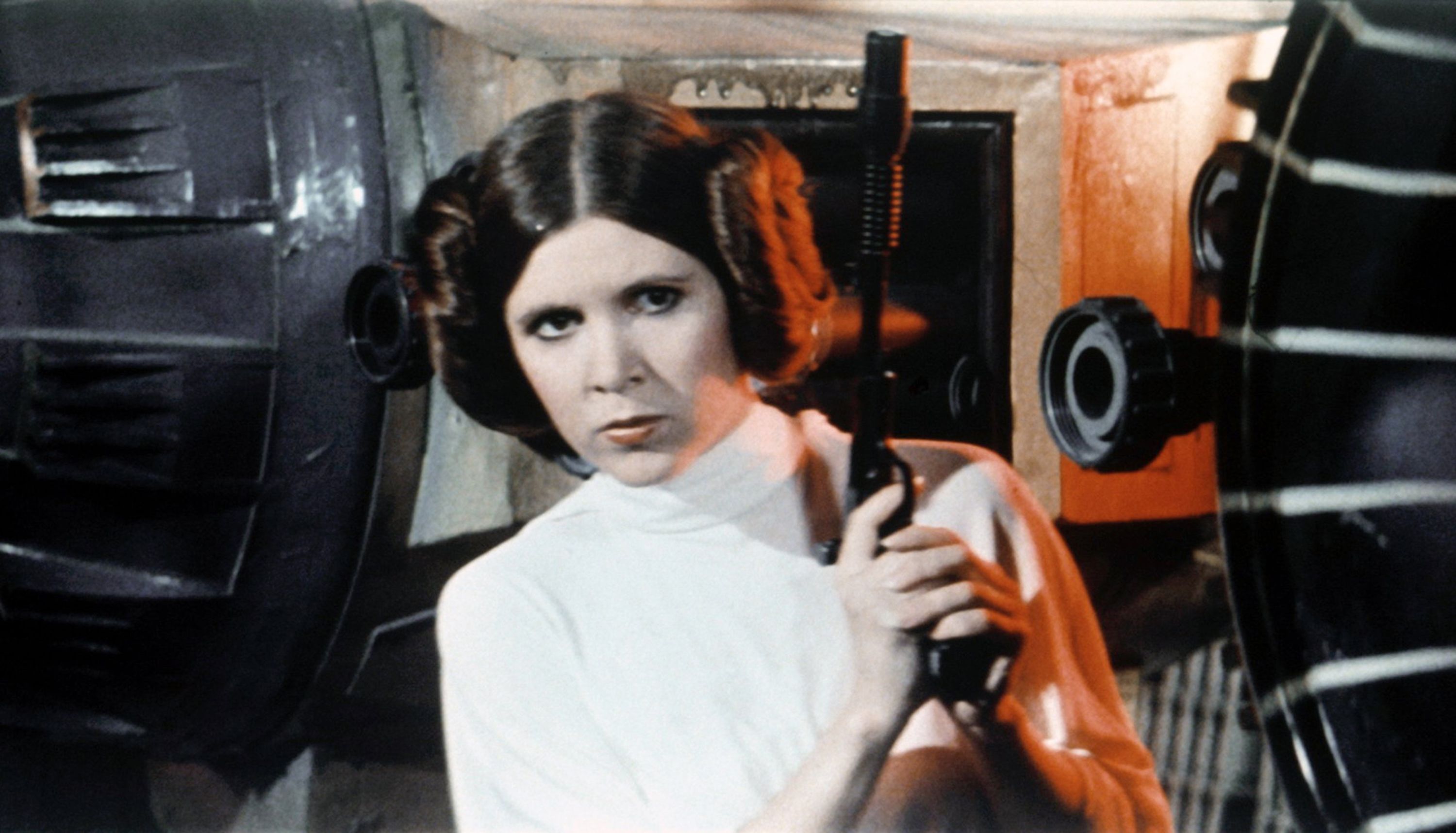
4. **Early Life and the Shadow of Hollywood Royalty**Carrie Frances Fisher was born on October 21, 1956, in Burbank, California, into a lineage deeply entrenched in Hollywood royalty. Her parents were the famed singer Eddie Fisher and actress Debbie Reynolds, a union that immediately placed her under the intense glare of public scrutiny. This upbringing provided a unique, albeit often challenging, foundation for her life, shaped by the pervasive presence of celebrity and the inherent complexities of a public family.
Her early life was marked by a significant personal upheaval when, at just two years old, her parents divorced in 1959. This highly publicized event stemmed from the revelation that Eddie Fisher had been having an affair with Elizabeth Taylor shortly after the death of Taylor’s husband, Mike Todd. The scandal was a defining moment in Hollywood history and undoubtedly cast a long shadow over young Carrie, initiating her into the dramatic and often turbulent nature of her family’s life in the spotlight.
Following her parents’ divorce, her father married Taylor, and later, actress Connie Stevens, which resulted in the births of Fisher’s two half-sisters, Joely Fisher and Tricia Leigh Fisher. Her mother, Debbie Reynolds, also remarried in 1960 to Harry Karl, a shoe store magnate, a marriage that would eventually end in divorce in 1973 when Fisher was 17. These series of marital changes and high-profile relationships within her immediate family undoubtedly influenced Fisher’s perspective on fame, relationships, and personal vulnerability.
Despite the external drama, Fisher found solace and an escape in the world of books. She became known in her family as “the bookworm,” spending her earliest years immersed in classic literature and dedicating herself to writing poetry. This early inclination towards reading and writing proved to be a foundational aspect of her intellectual development and would ultimately shape her future career as an acclaimed author and screenwriter, providing a private realm of intellectual engagement amidst the public spectacle of her home life. She attended Beverly Hills High School until age 16 when she made her Broadway debut alongside her mother in *Irene* (1973), a role that ultimately led her to drop out of high school to pursue her burgeoning career. She later studied at London’s Central School of Speech and Drama and was accepted to Sarah Lawrence College, though she left without graduating, choosing instead to forge her own unique path.
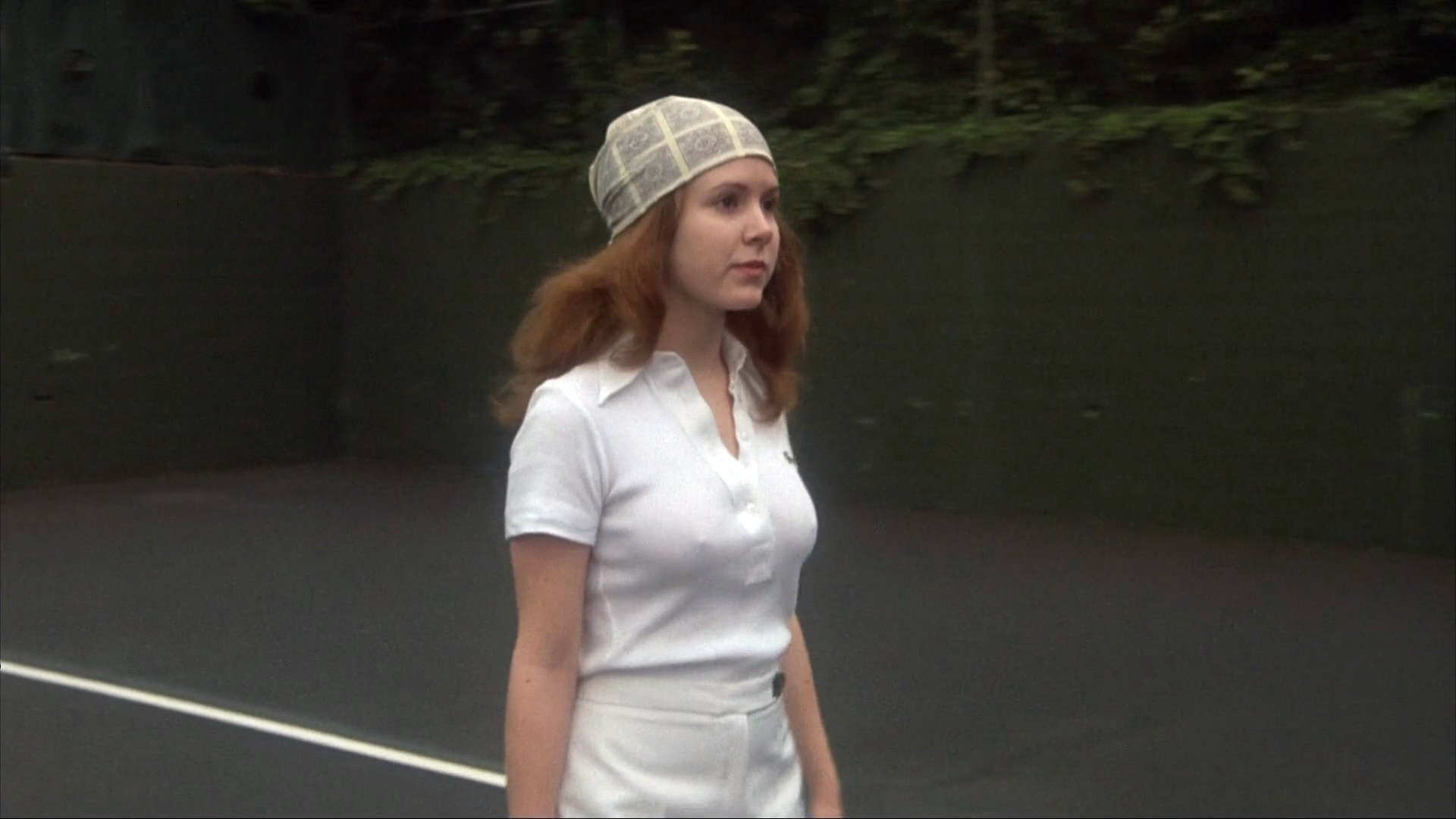
5. **A Diverse Acting Repertoire Beyond Leia’s Iconic Shadow**While Princess Leia remains her most celebrated role, Carrie Fisher’s acting career spanned nearly five decades and showcased a remarkable versatility that often transcended the shadow of her galactic alter ego. Her film debut came in 1975, at the age of 17, in the Columbia Pictures comedy *Shampoo*, where she played the precociously seductive character Lorna Karpf. This early role already hinted at the sharp wit and distinctive screen presence that would become her hallmark.
Following her initial *Star Wars* success, Fisher sought out a variety of roles that allowed her to explore different facets of her talent. She appeared in the cult classic *The Blues Brothers* (1980) as Jake’s vengeful ex-lover, credited enigmatically as “Mystery Woman.” This film famously saw her life saved by co-star Dan Aykroyd, who performed the Heimlich maneuver when she choked on a Brussels sprout. In the mid-1980s, she starred alongside Barbara Hershey and Mia Farrow in Woody Allen’s acclaimed *Hannah and Her Sisters* (1986), a role that showcased her ability to excel in more dramatic, ensemble pieces.
Her strong supporting performances continued into the late 1980s, with memorable appearances in two iconic films released in 1989: *When Harry Met Sally…*, where she played Marie, Sally’s best friend, and *The ‘Burbs*, appearing as Tom Hanks’ character’s wife. These roles cemented her status as a reliable and charismatic presence in Hollywood comedies and dramas. Throughout the 1990s and 2000s, Fisher maintained a steady stream of film and television appearances, further illustrating her range.
She played a therapist in *Austin Powers: International Man of Mystery* (1997), offered a self-referential cameo in *Scream 3* (2000) where she played a former actress who acknowledges she looks like Fisher, and took on the role of a nun in Kevin Smith’s comedy *Jay and Silent Bob Strike Back* (2001) and again as Mother Superior in *Charlie’s Angels: Full Throttle* (2003). These diverse roles, from romantic comedies to horror parodies and animated sitcoms like *Family Guy* (voicing Peter Griffin’s boss, Angela), underscore her multifaceted talent and her enduring appeal across different genres and mediums, establishing a legacy far richer than a single character, however iconic.

6. **The Evolution of a Writer: From Novels to Personal Memoirs**Carrie Fisher’s literary journey extended well beyond her acclaimed debut, *Postcards from the Edge*, solidifying her reputation as a formidable author whose works consistently offered candor, wit, and deep personal insight. Her subsequent novels, *Surrender the Pink* (1990) and *Delusions of Grandma* (1993), continued to explore semi-autobiographical themes, delving into the complexities of relationships, family dynamics, and the often-absurd world of Hollywood through her unique, satirical lens. These works showcased her evolving voice and her commitment to using literature as a means of self-expression and critical observation.
In 2004, Fisher revisited the world she created in her first novel with *The Best Awful There Is*, a sequel to *Postcards from the Edge*. This continuation further delved into the life of her protagonist, offering updated reflections on enduring struggles and triumphs, demonstrating her long-term engagement with her fictionalized self and the themes that defined her early work. The sequel was met with appreciation from readers who valued her continued honesty and the distinctive narrative style that had become her signature.
Beyond her fiction, Fisher also contributed to other literary projects, lending her discerning eye and voice to broader cultural narratives. In 2001, she wrote the introduction for *Hollywood Moms*, a book of photographs that offered a glimpse into the lives of mothers navigating the entertainment industry. Her involvement in such projects underscored her keen interest in the dynamics of celebrity and family, themes that were intrinsically linked to her own life and provided fertile ground for her analytical and empathetic observations.
Fisher’s commitment to writing as a form of self-discovery and connection was unwavering. Her literary output, from satirical novels to insightful introductions, consistently reflected her intelligence and her willingness to lay bare her experiences for the benefit of her readers. This aspect of her career demonstrated that while she was celebrated for her acting, her truest, most unfiltered voice often emerged through the written word, cementing her legacy as a significant literary figure in her own right, capable of captivating audiences through the power of her prose.

